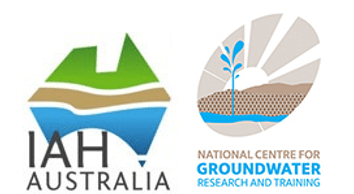| |
 2019 IAH / NCGRT Distinguished Lecture Series
2019 IAH / NCGRT Distinguished Lecture SeriesPRESENTED BY: Dr Justine Lacey, Principal Research Scientist & Director of CSIRO’s Responsible Innovation Initiative
Monday 14th Oct
Darwin
Social License to Operate: a critical issue in Australia and around the world, especially with mining and coal seam gas developments.
Social licence to operate (SLO) is a term that has emerged in Australia and around the world over the last two decades. For the most part, SLO has been popularised within the mining and extractive industries where it has been used to describe the broad approval or acceptance of a resource development activity that is afforded by local communities or other stakeholders, who can affect the profitability of that activity. However, SLO importantly points to the changing nature of societal expectations that have influenced the way in which the development, management and use of natural resources is now being undertaken.
Dr Justine Lacey
Dr Justine Lacey is a Principal Research Scientist and Director of CSIRO’s Responsible Innovation Initiative. The Responsible Innovation Initiative is a $5.75m research program examining the interface between science, technology innovation and the associated ethical, social and legal consequences of new and disruptive science and technologies. Justine is a philosopher and she holds a PhD in the field of ethics and natural resource management. Her recent research has focused on building our understanding of the ‘social licence to operate’, and since 2011, she has worked with colleagues at the CSIRO on identifying the drivers of societal acceptance of and trust in a range of contested resource development industries and contexts. This has included examining how social licence, which predominantly emerged in the mining and minerals sector, has subsequently been adopted in a range of other contexts including forestry, agriculture, non-renewable energy production, and now increasingly in conservation and environmental management contexts. She has also researched and published on the role of ethics and trust in science and how and to what ends science is used in society.
Click here to register for event